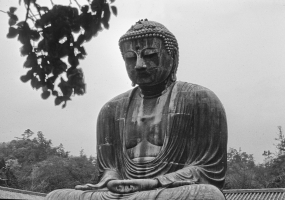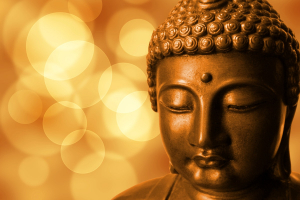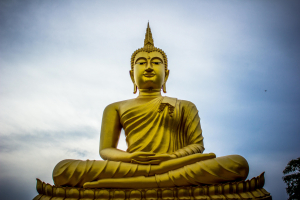Top 10 Best Books On Zen Buddhism
Explore the best books on Zen Buddhism, featuring insightful works by renowned teachers and practitioners. Dive into the world of Zen philosophy, meditation, ... read more...and mindfulness to deepen your understanding of this transformative spiritual tradition.
-
"Zen and the Art of Motorcycle Maintenance" is a philosophical novel written by Robert M. Pirsig, first published in 1974. This book is a unique blend of philosophy, autobiography, and a cross-country motorcycle journey.
The narrative follows the author and his son as they embark on a motorcycle trip through the American Northwest. As they travel, Pirsig explores profound questions about the nature of quality, the philosophy of technology, and the art of living. He weaves these philosophical musings with personal anecdotes and reflections on his own mental health struggles.
At its core, the book delves into the concept of "quality" and the intersection of Eastern and Western philosophical traditions, particularly the influence of Zen Buddhism. Pirsig's writing challenges readers to reconsider their approach to life, work, and the pursuit of meaning. "Zen and the Art of Motorcycle Maintenance" has become one of the best books on Zen Buddhism. This inspiring countless individuals to contemplate the deeper dimensions of their existence.
Author: Robert M. Pirsig
Link to buy: https://www.amazon.com/Zen-Art-Motorcycle-Maintenance-Inquiry/dp/0060839872/
Ratings: 4.4 out of 5 stars (from 12,080 reviews)
Best Sellers Rank: #2,634 in Books
#2 in Zen Philosophy (Books)
#4 in Travelogues & Travel Essays
#83 in Memoirs (Books)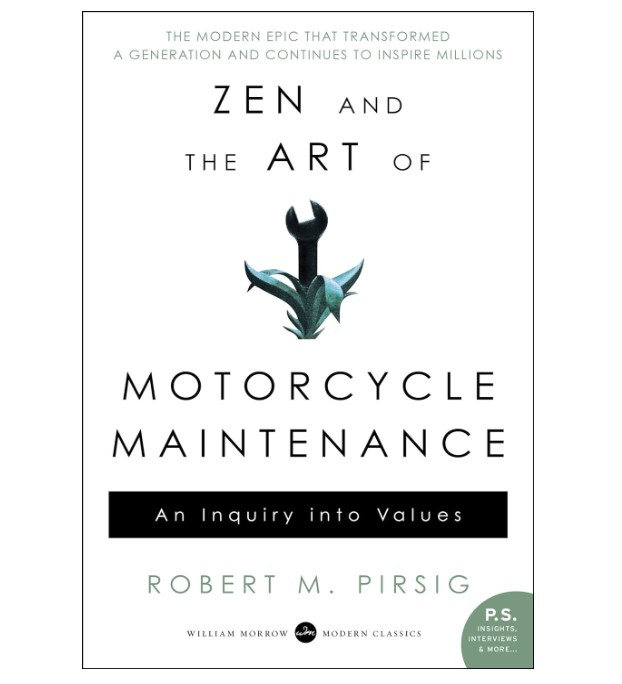
Screenshot of https://www.amazon.com/ 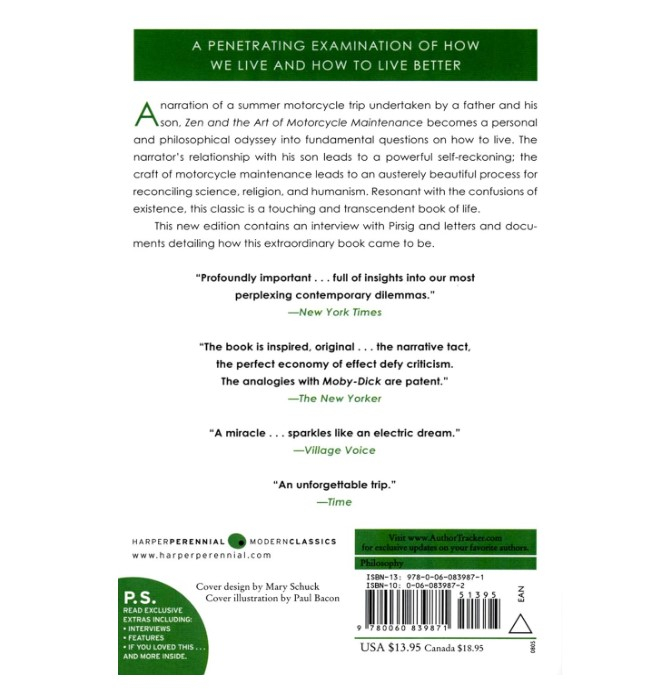
Screenshot of https://www.amazon.com/ -
"No Mud, No Lotus: The Art of Transforming Suffering" by Thich Nhat Hanh is a deeply insightful book that beautifully embodies Zen Buddhism's core teachings on suffering and transformation. Published in 2014, this book offers profound insights into the nature of suffering and the transformative power of mindfulness and compassion.
Thich Nhat Hanh introduces readers to the idea that suffering and happiness are intertwined, much like the lotus flower that grows from the mud. He explores how embracing and understanding suffering can lead to personal growth and healing. The book provides practical guidance on mindfulness practices and meditation techniques that help individuals navigate life's challenges.
Throughout "No Mud, No Lotus," Thich Nhat Hanh shares personal anecdotes and offers deep wisdom rooted in Buddhist teachings. His compassionate and accessible writing style makes the profound concepts of Buddhism accessible to a broad audience, encouraging readers to find beauty and growth even in the midst of life's difficulties. This book is a powerful resource for anyone seeking to transform suffering into a path of awakening and enlightenment.
Author: Thich Nhat Hanh
Link to buy: https://www.amazon.com/No-Mud-Lotus-Transforming-Suffering/dp/1937006859/
Ratings: 4.8 out of 5 stars (from 5,276 reviews)
Best Sellers Rank: #6,312 in Books
#2 in Zen Spirituality
#3 in Zen Philosophy (Books)
#26 in Meditation (Books)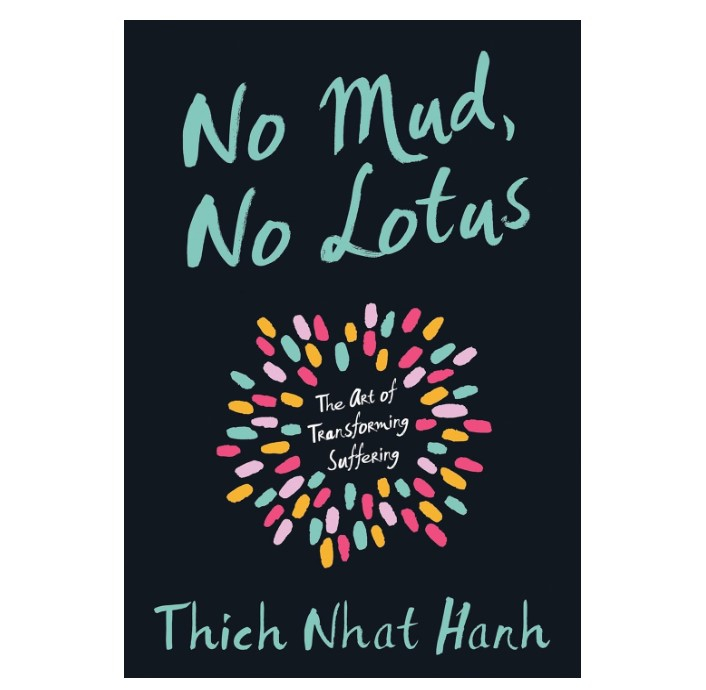
Screenshot of https://www.amazon.com/ 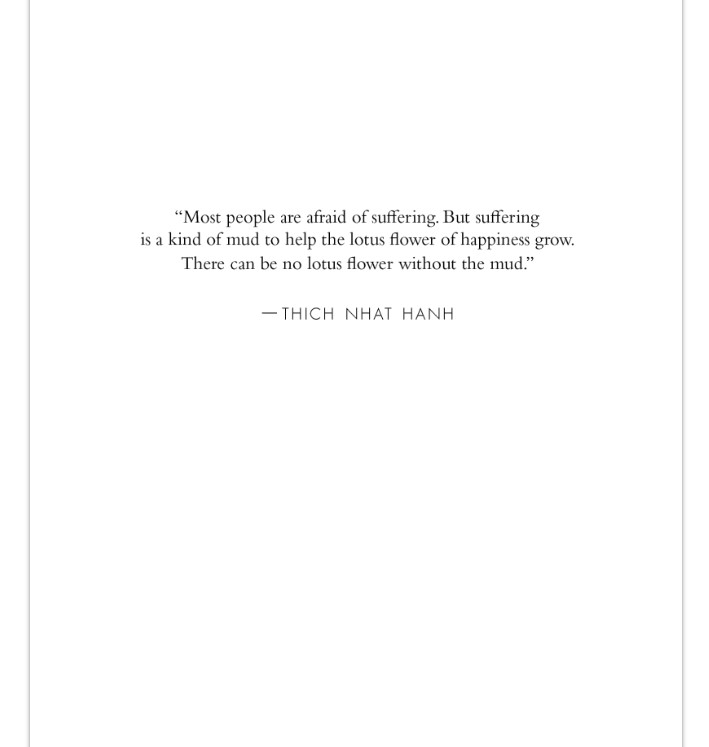
Screenshot of https://www.amazon.com/ -
"Peace Is Every Step" is an another transformative book by Thich Nhat Hanh, a revered Vietnamese Zen Buddhist monk. Originally published in 1991, this book encapsulates the essence of Zen Buddhism and mindfulness in everyday life.
Thich Nhat Hanh invites readers to embrace the practice of mindfulness as a means to find peace and happiness in each moment. He emphasizes that enlightenment and tranquility are not distant goals, but can be found in the ordinary activities of daily life, such as walking, breathing, and eating.
Drawing from Zen Buddhist teachings, the book explores the profound connection between inner peace and global peace. "Peace Is Every Step" is a timeless guide that inspires readers to cultivate mindfulness, compassion, and a deep sense of interconnectedness, offering a practical path to both personal well-being and global harmony through the lens of Zen Buddhism.
Author: Thich Nhat Hanh
Link to buy: https://www.amazon.com/Peace-Every-Step-Mindfulness-Everyday/dp/0553351397/
Ratings: 4.8 out of 5 stars (from 4,134 reviews)
Best Sellers Rank: #6,842 in Books
#4 in Zen Spirituality
#28 in Meditation (Books)
#199 in Personal Transformation Self-Help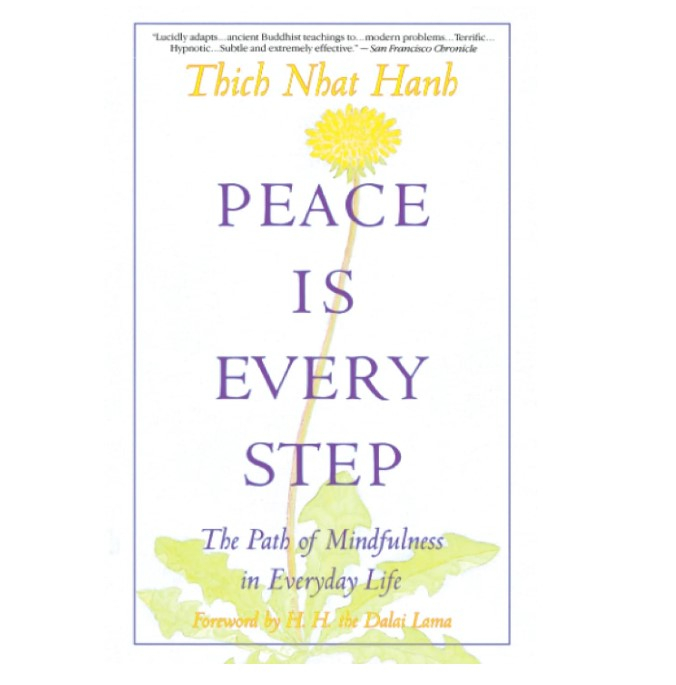
Screenshot of https://www.amazon.com/ 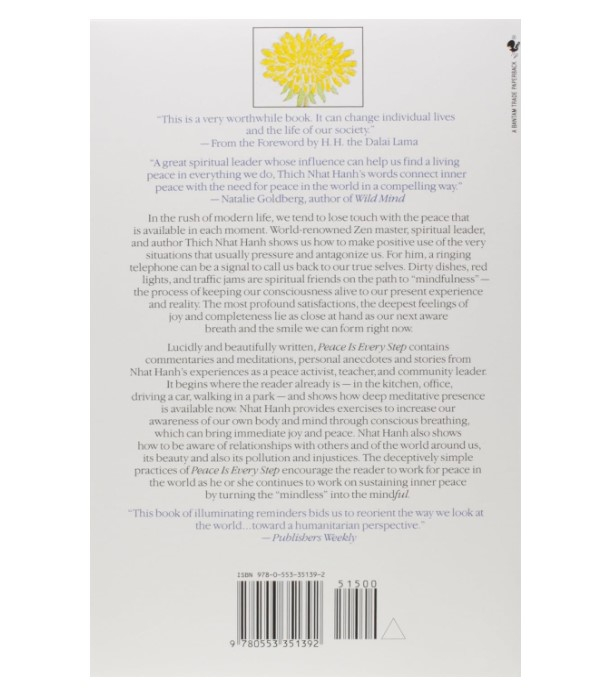
Screenshot of https://www.amazon.com/ -
"The Art of Happiness: A Handbook for Living" is a profoundly influential book co-authored by the 14th Dalai Lama, Tenzin Gyatso, and psychiatrist Howard Cutler. Published in 1998, it offers a remarkable exploration of happiness and the means to attain it.
In this book, the Dalai Lama shares his profound insights into the nature of happiness, emphasizing the central role of compassion, kindness, and altruism. His teachings are rooted in Tibetan Buddhism, but they transcend religious boundaries, making them accessible to a wide readership. Howard Cutler, a Western psychiatrist, engages in dialogues with the Dalai Lama, providing a psychological and scientific perspective on happiness. This unique collaboration blends Eastern wisdom with Western understanding.
"The Art of Happiness" encourages readers to shift their focus from external circumstances to inner states of mind and to cultivate mental and emotional well-being. It has had a transformative impact on countless individuals worldwide, offering a roadmap to a more joyful and fulfilling life by combining ancient wisdom with contemporary psychological insights.
Author: Dalai Lama, Tenzin Gyatso, and Howard Cutler
Link to buy: https://www.amazon.com/Art-Happiness-Handbook-Living/dp/1573227544/
Ratings: 4.7 out of 5 stars (from 9,911 reviews)
Best Sellers Rank: #9,968 in Books
#44 in Meditation (Books)
#57 in Spiritual Self-Help (Books)
#257 in Personal Transformation Self-Help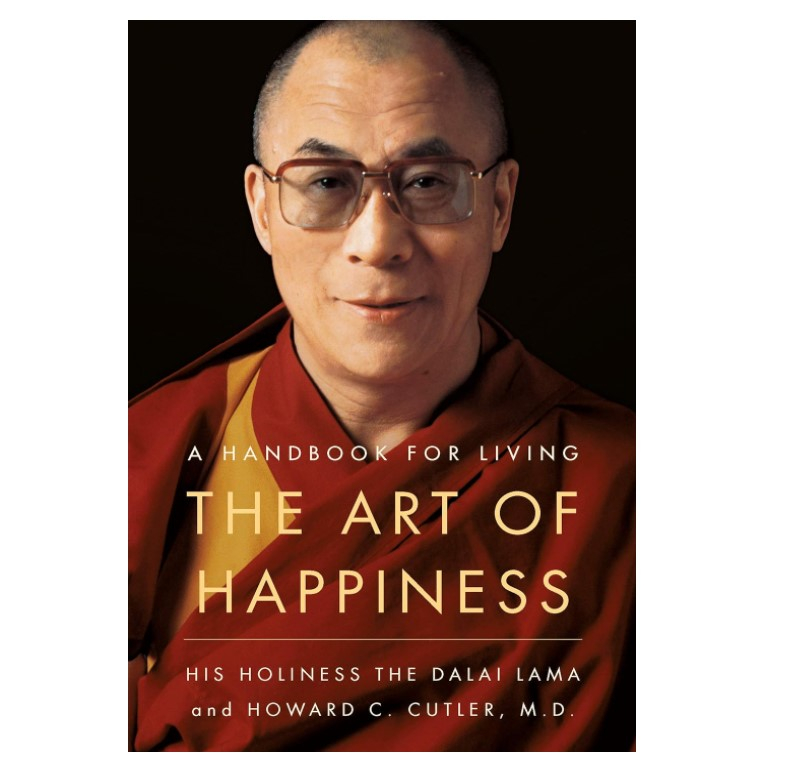
Screenshot of https://www.amazon.com/ 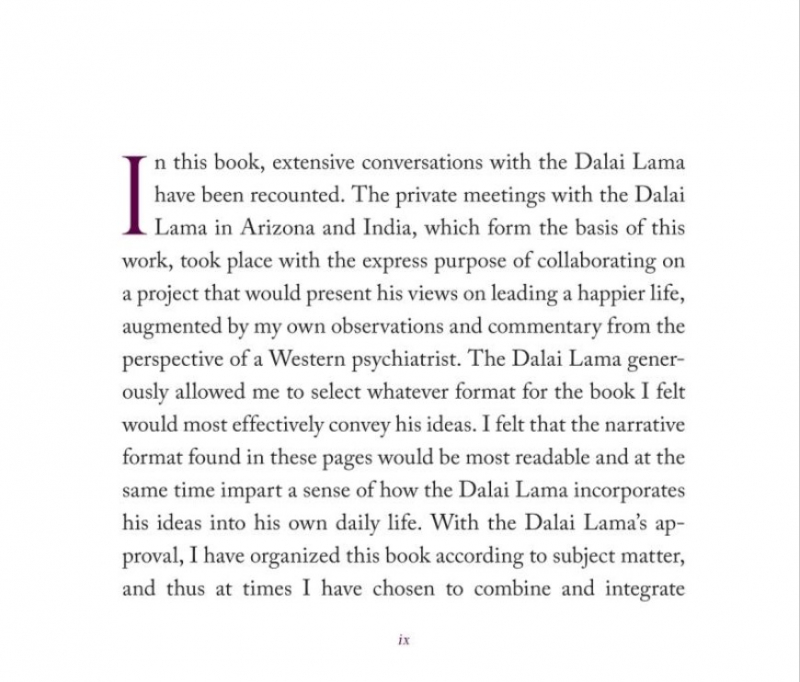
Screenshot of https://www.amazon.com/ -
"Zen Mind, Beginner's Mind" is a timeless classic written by Shunryu Suzuki, a Japanese Zen master, and teacher. First published in 1970, this book has had a profound influence on Zen Buddhism and the practice of mindfulness in the West.
The book presents Zen teachings in a simple yet profound manner, emphasizing the importance of approaching meditation and life with a beginner's mind – one that is open, free from preconceptions, and full of curiosity. Suzuki Roshi's teachings are deeply rooted in the Soto Zen tradition, advocating zazen (seated meditation) as a path to awakening.
Throughout the book, Suzuki Roshi explores key Zen concepts such as mindfulness, zazen, and the nature of reality. "Zen Mind, Beginner's Mind" has become a classic not only for Zen practitioners but also for anyone interested in mindfulness and the art of living a more mindful and awakened life. Its simple yet profound teachings continue to inspire and guide people on their spiritual journeys.
Author: Dalai Lama, Tenzin Gyatso, and Howard Cutler
Link to buy: https://www.amazon.com/Zen-Mind-Beginners-50th-Anniversary/dp/1611808413/
Ratings: 4.7 out of 5 stars (from 2,883 reviews)
Best Sellers Rank: #10,083 in Books
#5 in Zen Philosophy (Books)
#7 in Zen Spirituality
#45 in Meditation (Books)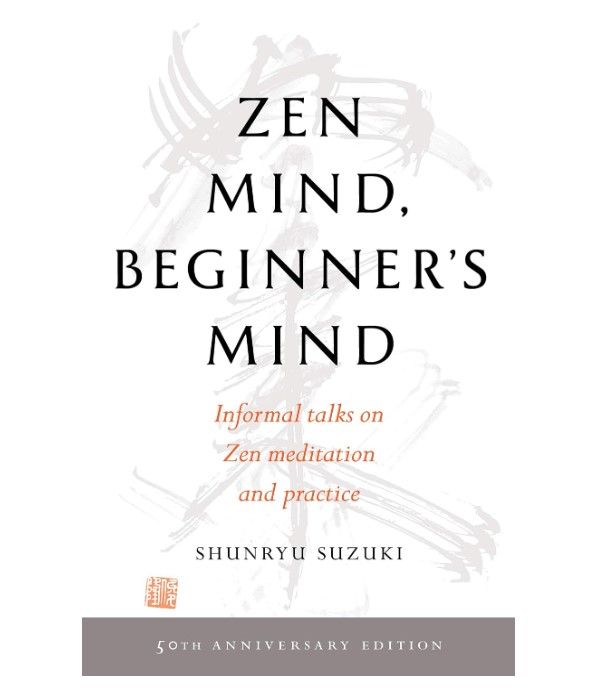
Screenshot of https://www.amazon.com/ 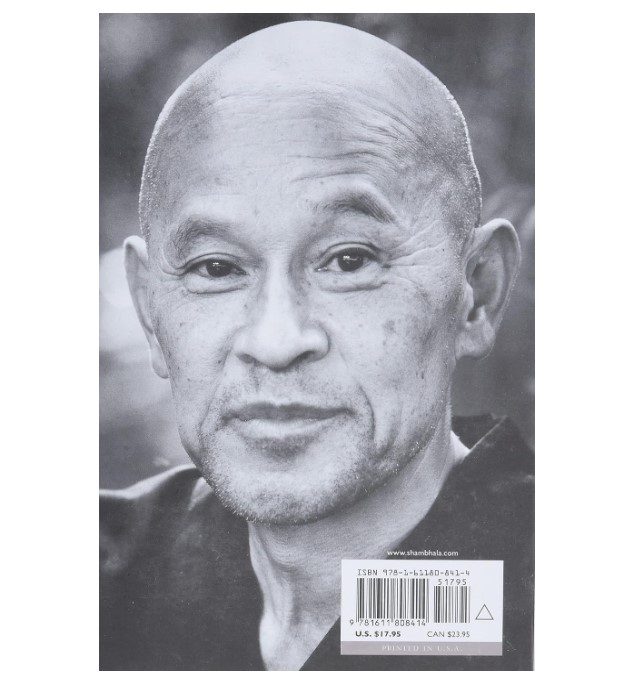
Screenshot of https://www.amazon.com/ -
"The Way of Zen" is a seminal work by Alan Watts, a British-American philosopher, writer, and interpreter of Eastern philosophies. First published in 1957, this book played a pivotal role in introducing Zen Buddhism to Western audiences.
Watts explores the essence of Zen, tracing its historical development and fundamental principles. He delves into the core teachings of Zen, emphasizing the importance of direct experience and the quest for enlightenment. Watts explains the concept of "zazen," or seated meditation, and its role in Zen practice. "The Way of Zen" also highlights the contrast between Eastern and Western approaches to understanding reality and the self.
With its clear and engaging writing style, this book has become a classic in the field of comparative religion and philosophy, offering readers a deep and comprehensive understanding of Zen Buddhism and its profound impact on both Eastern and Western thought.
Author: Alan Watts
Link to buy: https://www.amazon.com/Way-Zen-Alan-W-Watts/dp/0375705104/
Ratings: 4.7 out of 5 stars (from 3,064 reviews)Best Sellers Rank: #13,072 in Books
#6 in Zen Philosophy (Books)
#8 in Zen Spirituality
#75 in Spiritual Self-Help (Books)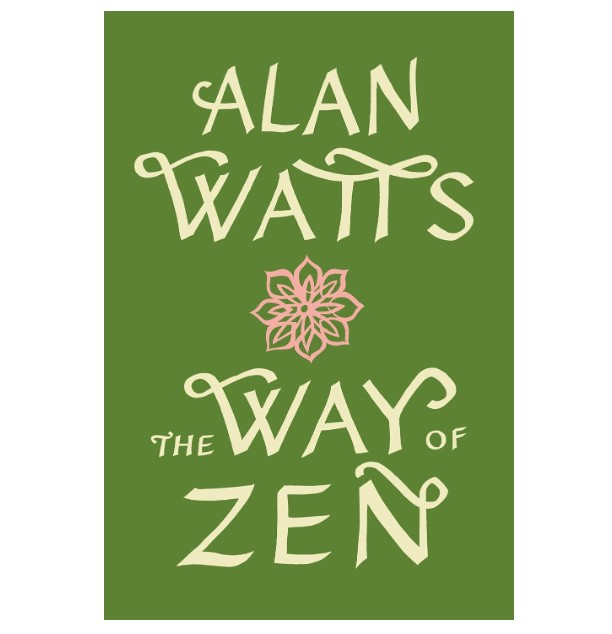
Screenshot of https://www.amazon.com/ 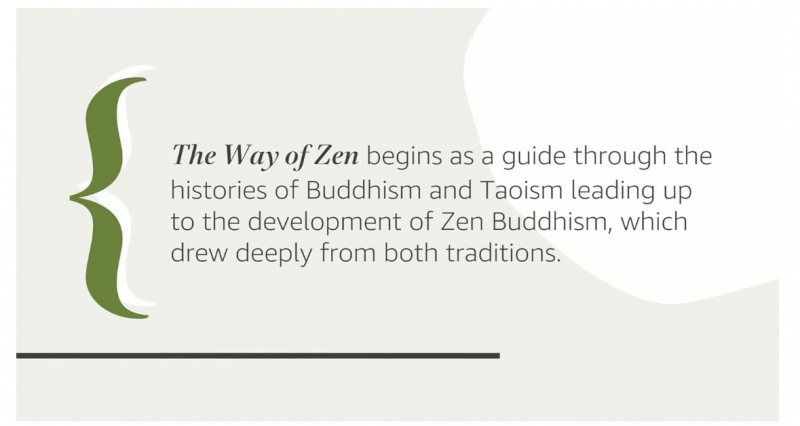
Screenshot of https://www.amazon.com/ -
"The Three Pillars of Zen" is a foundational book by Philip Kapleau, originally published in 1965. This influential work provides a comprehensive and practical introduction to Zen Buddhism, making it accessible to Western readers.
The book is structured around "the three pillars" of Zen practice: teaching, practice, and enlightenment. Kapleau draws on his own experiences studying Zen in Japan under the guidance of various Zen masters, weaving personal anecdotes with traditional teachings. One of the book's distinguishing features is its inclusion of actual accounts of individuals' experiences with Zen practice, including their struggles and moments of realization.
"The Three Pillars of Zen" emphasizes the importance of meditation (zazen) as the core practice of Zen, alongside the significance of working with a qualified teacher (roshi). Kapleau's thorough exploration of Zen principles and practices has made this book a valuable resource for both beginners and experienced practitioners, contributing significantly to the popularization of Zen Buddhism in the West.
Author: Philip Kapleau
Link to buy: https://www.amazon.com/Three-Pillars-Zen-Teaching-Enlightenment/dp/0385260938/
Ratings: 4.7 out of 5 stars (from 519 reviews)
Best Sellers Rank: #26,964 in Books
#12 in Zen Philosophy (Books)
#13 in Zen Spirituality
#660 in Personal Transformation Self-Help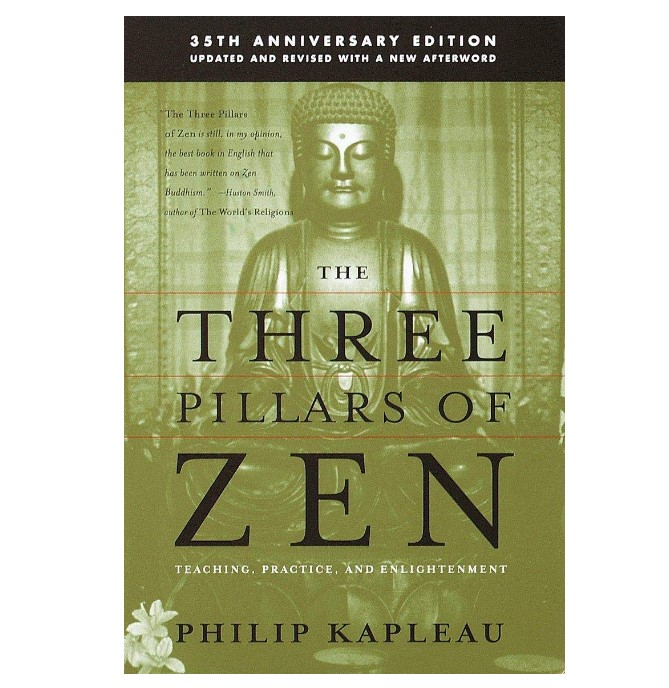
Screenshot of https://www.amazon.com/ 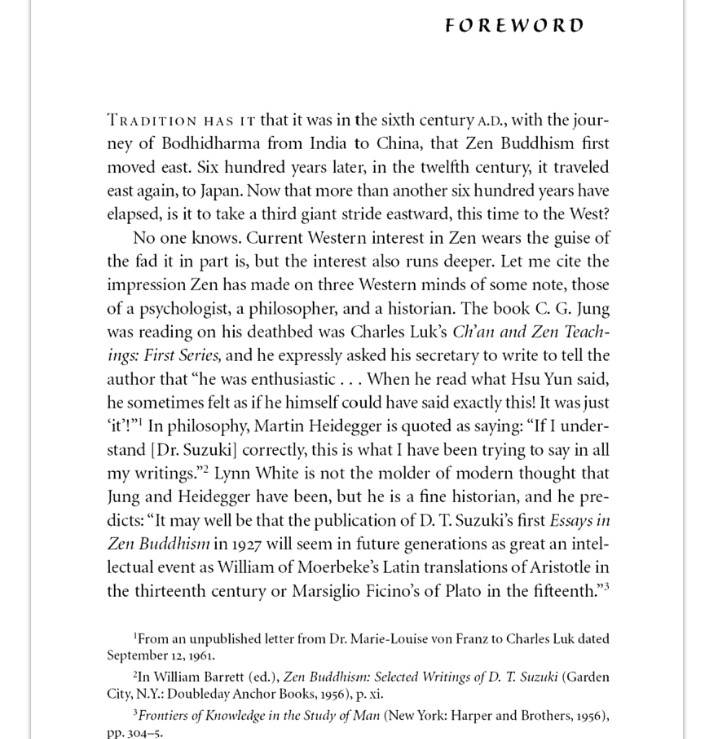
Screenshot of https://www.amazon.com/ -
"Zen Flesh, Zen Bones" is a beloved collection of Zen teachings and stories, compiled and translated by Paul Reps and Nyogen Senzaki. Originally published in 1957, this book has become a classic in the realm of Zen literature, offering readers a profound and accessible introduction to Zen Buddhism.
The book consists of four parts: "101 Zen Stories," "The Gateless Gate," "The 10 Bulls," and "Centering." Each section presents a series of Zen koans, stories, and teachings that encapsulate essential aspects of Zen practice and philosophy. "Zen Flesh, Zen Bones" invites readers to contemplate the paradoxical and often enigmatic nature of Zen teachings, designed to transcend intellectual understanding and provoke direct insight.
With its simplicity and depth, "Zen Flesh, Zen Bones" continues to inspire and intrigue those interested in Zen Buddhism, offering a timeless exploration of the transformative power of Zen practice and the enigmatic nature of enlightenment.
Author: Paul Reps and Nyogen Senzaki (Compiler)
Link to buy: https://www.amazon.com/Zen-Flesh-Bones-Collection-Writings/dp/0804831866/
Ratings: 4.7 out of 5 stars (from 694 reviews)
Best Sellers Rank: #30,493 in Books
#16 in Taoist Philosophy
#16 in Zen Philosophy (Books)
#19 in Zen Spirituality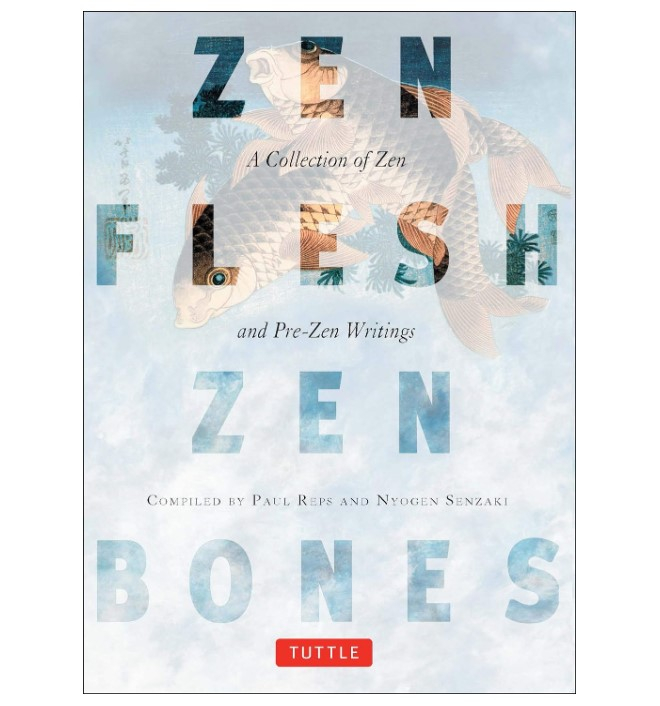
Screenshot of https://www.amazon.com/ 
Screenshot of https://www.amazon.com/ -
"Zen and the Art of Happiness" is a spiritually enlightening book written by Chris Prentiss, the co-founder of Passages Addiction Cure Center. Published in 2006, this book draws upon Zen Buddhist principles to provide readers with practical guidance on finding happiness and contentment in life.
Prentiss shares his personal journey of self-discovery and recovery while integrating key Zen teachings into his narrative. The book emphasizes the importance of living in the present moment, practicing mindfulness, and letting go of attachments that lead to suffering.
"Zen and the Art of Happiness" offers readers a step-by-step approach to applying Zen wisdom to everyday challenges, such as stress, relationships, and personal goals. It explores the idea that true happiness comes from within and can be cultivated through conscious choices and a change in perspective.
While the book may not delve deeply into Zen philosophy as some other Zen texts do, it serves as a practical guide for those seeking to apply Zen principles to enhance their overall well-being and happiness.
Author: Chris Prentiss
Link to buy: https://www.amazon.com/Zen-Art-Happiness-Chris-Prentiss/dp/0943015537/
Ratings: 4.6 out of 5 stars (from 1,790 reviews)
Best Sellers Rank: #41,600 in Books
#27 in Zen Philosophy (Books)
#518 in Happiness Self-Help
#959 in Personal Transformation Self-Help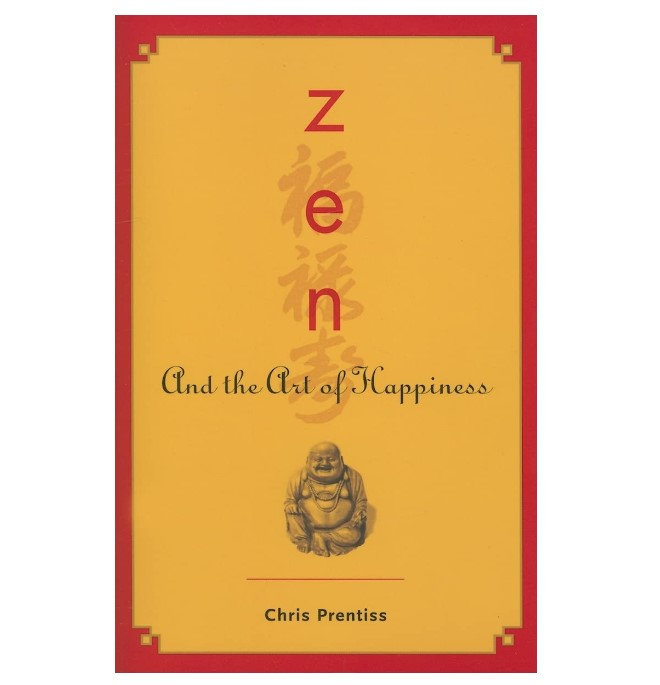
Screenshot of https://www.amazon.com/ 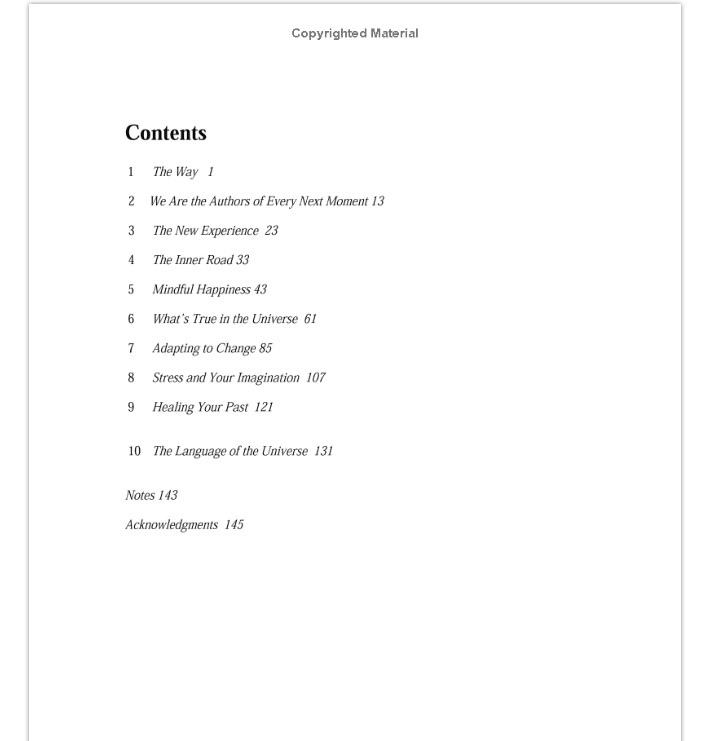
Screenshot of https://www.amazon.com/ -
"An Introduction to Zen Buddhism" is a seminal work by D.T. Suzuki, a renowned Japanese scholar and one of the leading authorities on Zen Buddhism in the West. Originally published in 1934, this book played a significant role in introducing Zen to Western audiences.
Suzuki's book provides a comprehensive overview of Zen Buddhism, offering insights into its history, philosophy, and practice. He explores fundamental Zen concepts such as mindfulness, meditation (zazen), and the direct experience of enlightenment (satori). D.T. Suzuki explains Zen principles in a way that is accessible to readers unfamiliar with Eastern philosophies, making it an excellent starting point for those new to Zen Buddhism.
"An Introduction to Zen Buddhism" remains a foundational text for anyone interested in understanding the essence of Zen and its impact on both Eastern and Western cultures. Suzuki's profound insights and scholarly approach continue to inspire and inform contemporary Zen practitioners and scholars alike.
Author: D.T. Suzuki
Link to buy: https://www.amazon.com/Introduction-Zen-Buddhism-D-Suzuki/dp/0802130550/
Ratings: 4.4 out of 5 stars (from 803 reviews)
Best Sellers Rank: #50,839 in Books
#35 in Zen Spirituality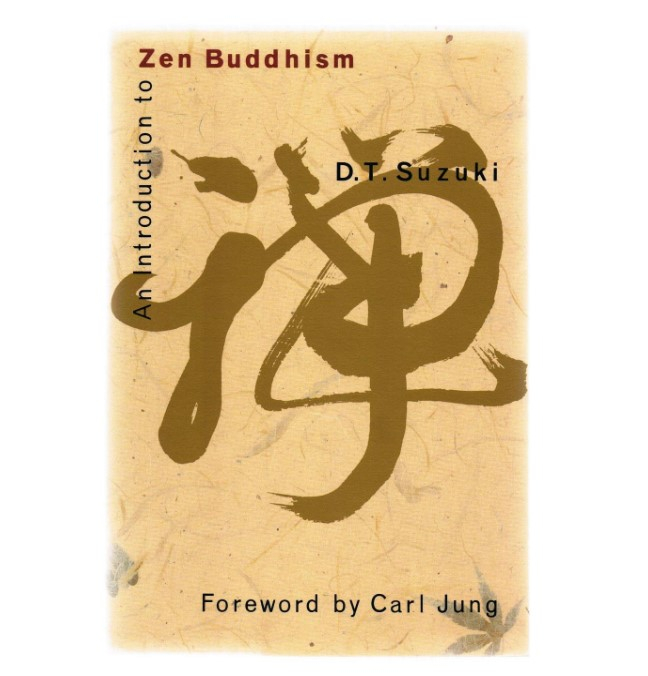
Screenshot of https://www.amazon.com/ 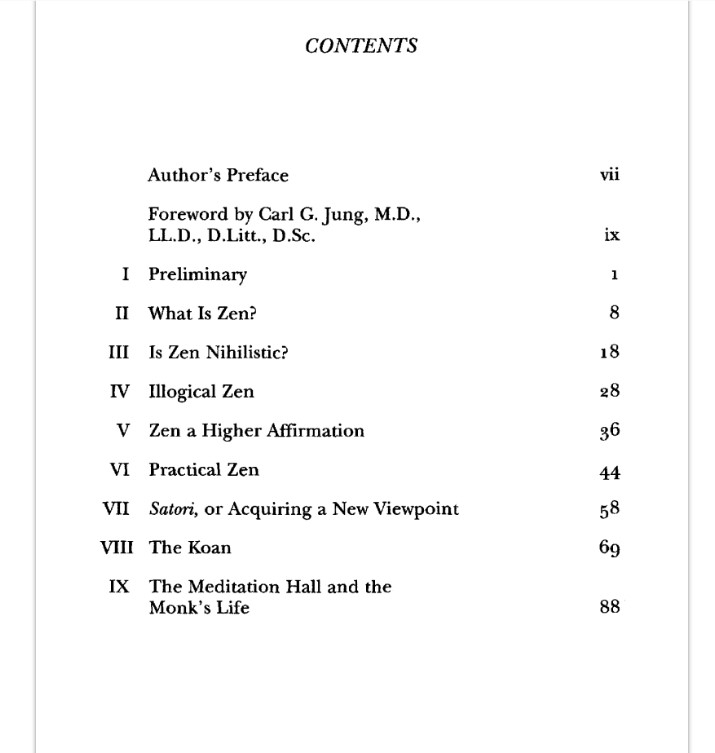
Screenshot of https://www.amazon.com/














